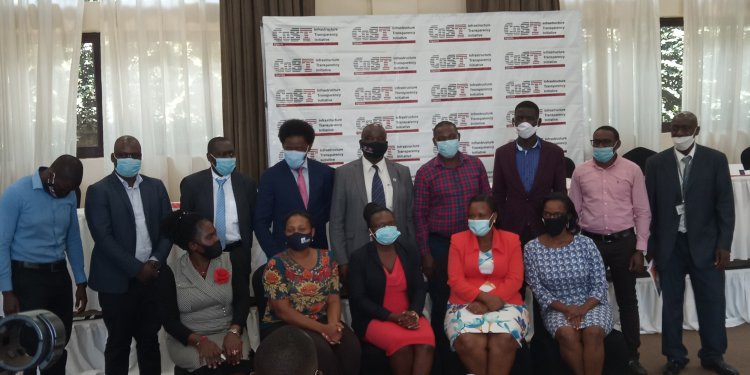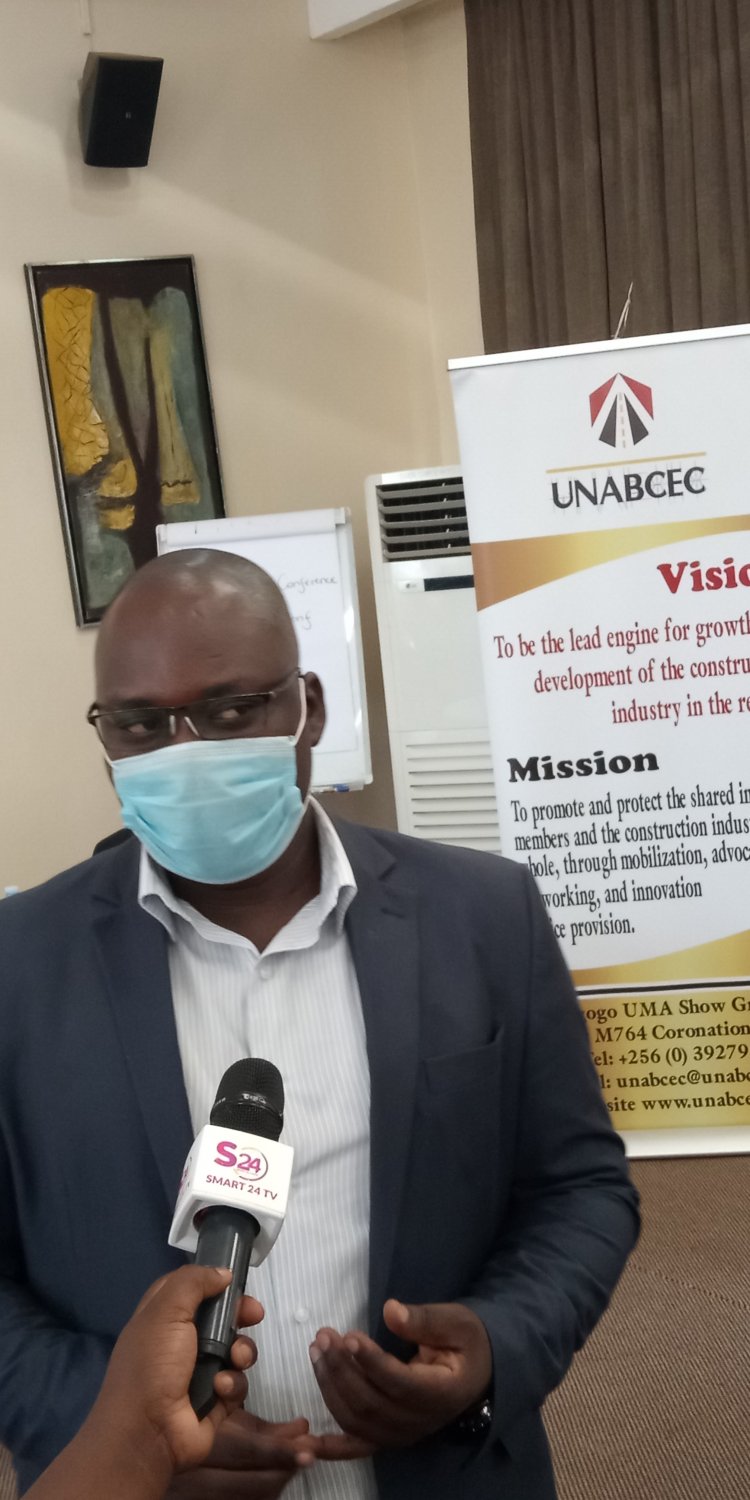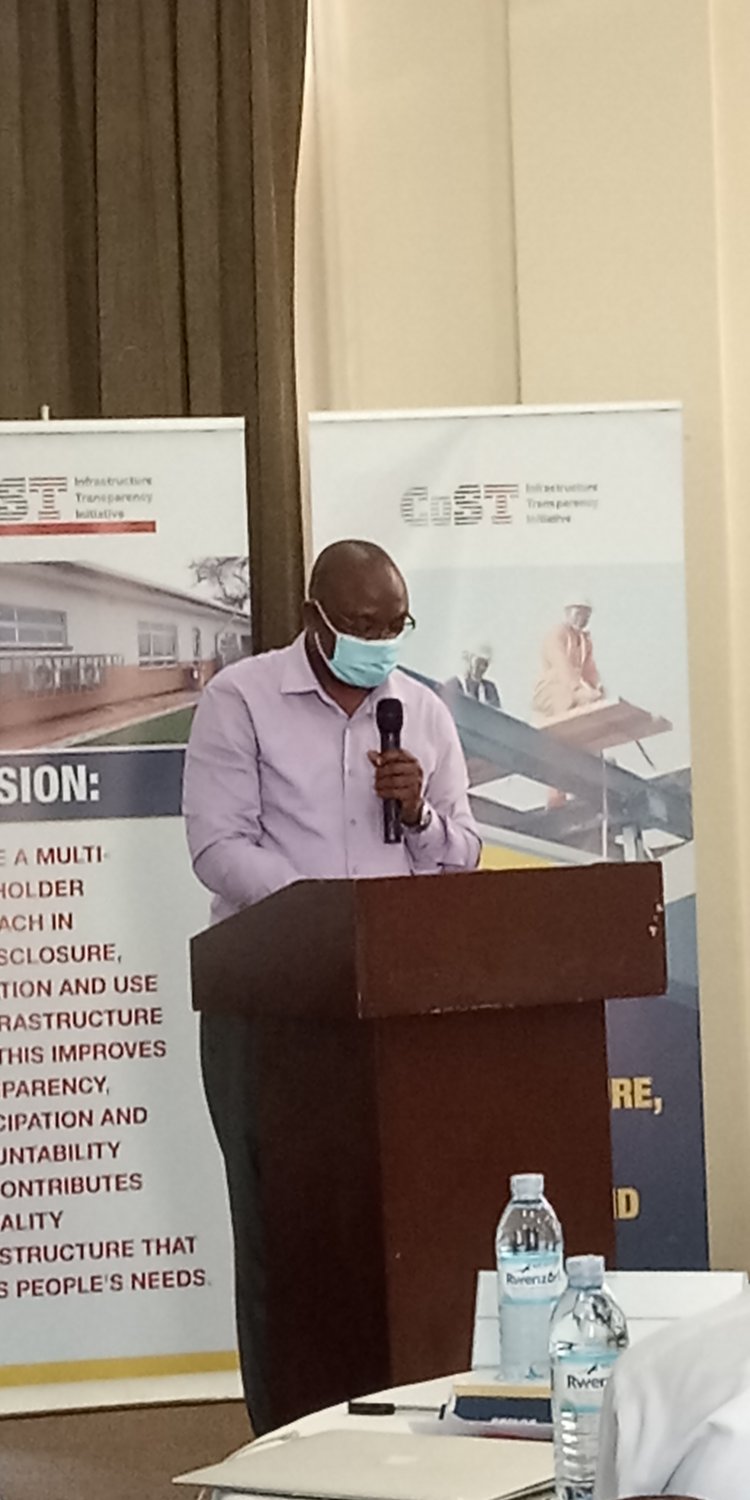Gov't urged to fully enforce the preference & reservation scheme to support local firms participate in infrastructure projects.
The reservation scheme and preference guidelines meant to be in support of local firms to participate in infrastructure projects at 30% is not effectively implemented. This has limited local firms' participation infrastructure procurement processes.

The Public Procurement and Disposal of public Assets Act (PPDA) provides for Preference and Reservation Schemes. The Act provides for Preference to be given to Ugandan Contractors and Consultants and reserve certain areas of trade, employment, public procurement and investment are restricted to nationals only in order to promote economic emancipation and development of capacity.
The lack of an effective implementation mechanism, enforcement and a monitoring and evaluation mechanism to periodically review its performance and effect improvement has limited the participation of local firms in major infrastructure especially in for joint ventures, sub- contractors, reserved projects among other avenues
The Permanent Secretary, Ministry of Works and Transport, Waiswa Bageya, represented by Ben Kiyemba in picture above said with the new implementation process of the National Devp't Plan (NDPIII) Ministry of Works whose responsibilities in Programme 6 will focus on transport and infrastructure, the ministry is embarking on a planned interventions including the industrial operations construction, local support constructions, equipment hire pool construction among others.
“I urge stakeholders to embrace the approach to coordinate the implementation programme of the ministry for a the planned interventions. We will work with Ministry of Finance, Planning and Economic Development to add value to private sector, to ensure affordable credit through Uganda Development Bank” he said

While presenting the draft findings of the study, Joseph Nyende in picture above a Consultant during the private sector forum on fair practice held on 17th Feb 2021 at Protea, said that that if local forms are to be supported to participate in infrastructure projects, there is need to effectively implement the reservation scheme and preference guidelines to endure that the 30% threshhold given to local firm is realised.
“The reservation scheme and preference guidelines meant to be in support of local firms to participate in infrastructure projects at 30% is not effectively implemented and therefore limits some of the local firms for being given 30% based on their capacity “ he said
He however advised the local firms intending to participate in the infrastructure industry to build their capacity and exercise standards while delivering projects. He particularly highlighted that local firms needs to improve documentations, bids preparations, acquire equipment among others.
“The limited capacity of local firms in equipment, finances, low preparation of quality bids, limited documentation like audited books, tax clearance certificate, reports is hindering local firms” he said.
The consultant said some there is still need to increase for procurement entities to attract more local firms to sub-contract on certain projects to maximise opportunities for them. He lists a few entities that has reserved projects for local firms including UNRA, KCCA, among others.
Some of the projects that were awarded to local firm by the procurement entities included: mechanized maintenance of paved/unpaved roads, swamp improvement, bridge renovation, renovation of schools, drainage channel designing, gravel road upgrades among others

Gilbert Sendugwa pictured above, The Senior Regional Manager Africa, CoST, while talking to Consulting Engineers, Contractorss and government officials said that there is need to enhance integrity in infrastructure industry to improve delivery through addressing challenges in the infrastructure procurement processes including corruption, collusion, fraud, lack of competition, lack of transparency among others
“Lack of transparency is a major driver of integrity challenges in delivery. Limited access and limited information has hindered value for money” he said.
He applauded the entities that participated and reported in the disclosed of information during the 4th Assurance process which indicated a growth in the disclosure that he added will build confidence, trust to business leaders and increase competition, innovation and delivery of infrastructure projects.
In the Integrity Survey and findings in Public procurement conducted by Procurement and Disposal of Public Assets Authority (PPDA) it was highlighted that the perception of the existence of corruption in public procurement was rated at 76.1% an increase from the rate of 71.8% from the previous survey.
While presenting the findings, Faith Mbabazi from PPDA said that the current rate 76.1% perception of the existence of corruption limits participation and competition in procurement processes.
She said that the finding indicated that the majority of the corruption tendencies are caused by bribery, inflation of tender costs, low awareness, among others during the procurement process especially the evaluation of bids and contract implementation stages which she said compromises works and hinders delivery. She added that PPDA to address some of the challenges have improved e-government processes, strengthened monitoring of high value spending entities, scaled up initiative to sensitize the public, and enhanced collaboration with Civil Society organisation.












